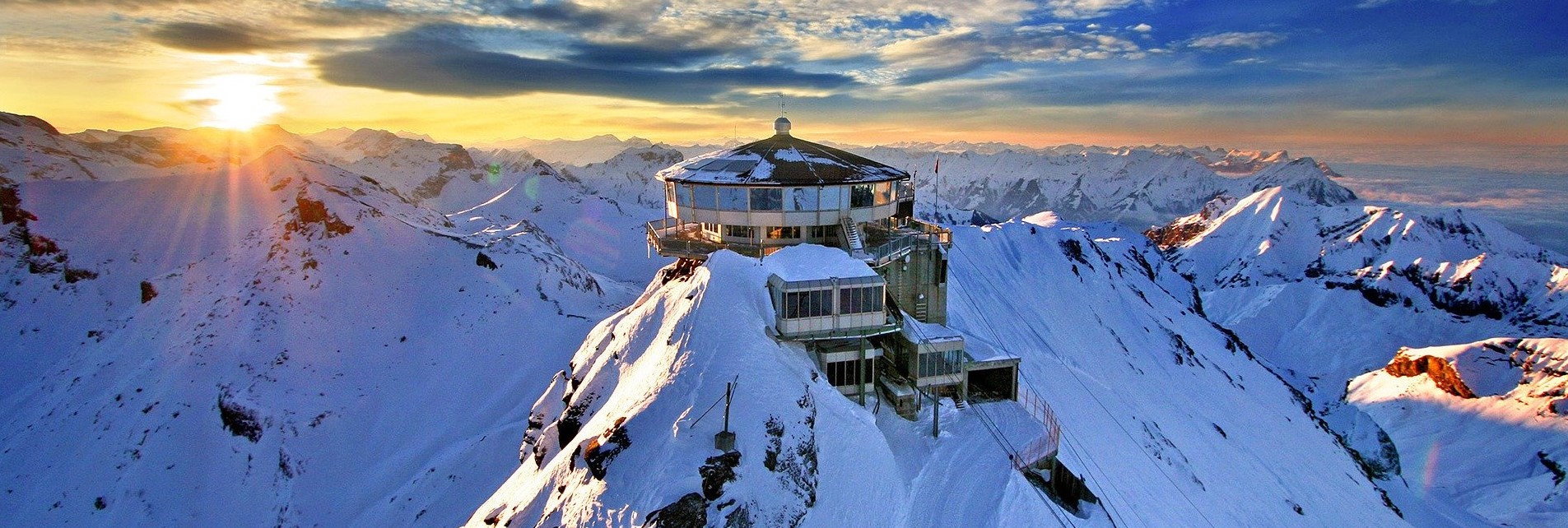In the framework of the European Green Deal, the European Commission announced the publication of a new EU strategy on adaptation to climate change, repealing the 2013 communication. Mountain areas being among the most sensitive territories to global disruptions caused by climate change, hence Euromontana contributed to the Commission’s consultation in order to stress the measures needed to better adapt to climate change in our regions.
From faster temperature increase, decrease of mountain permafrost areas to enhanced soil erosion and risk of plant and animal species extinction, the consequences of climate change in mountain areas are well known both for mountains and lowlands’ populations. Yet, the European Commission does not appear to consider the specificities of mountain territories in its future EU Strategy on Adaptation to Climate Change. If some elements are welcome, such as the proposed increase of 60% of the total budget of the LIFE programme for 2021-2027, Euromontana hopes that territorial specificities will be better taken into account in the new EU Strategy on adaptation to climate change, which should be published by the end of 2020.
Euromontana therefore calls upon the European Commission to adopt an ambitious Strategy on Adaptation to Climate Change, for instance by:
- Stepping up adaptation through the LIFE programme: the European Environmental Agency predicts that 60% of mountain species will be extinct by 2100. It is therefore crucial to protect the unique flora and fauna of mountain areas in the next programming period through the future increased LIFE funding.
- Bridging the knowledge gap on adaptation thanks to Horizon Europe: the missions on climate and soil should offer research opportunities to increase the knowledge on issues like resources management, fire ecology and glaciers’ transitions.
- Strengthening the climate proofing of the CAP through adequate Strategic Plans and implementation of the Farm to Fork Strategy’s objectives, taking into account climate challenges and small producers’ role in climate change mitigation and adaptation.
- Scaling-up climate action in the Cohesion Policy by supporting initiatives in crucial axis such as mobility, ICT, risk management and tourism in rural mountainous areas.
For more details on Euromontana’s recommendations, please read our paper “Face the challenge of climate change in the mountains: adaptation for future generations”.











